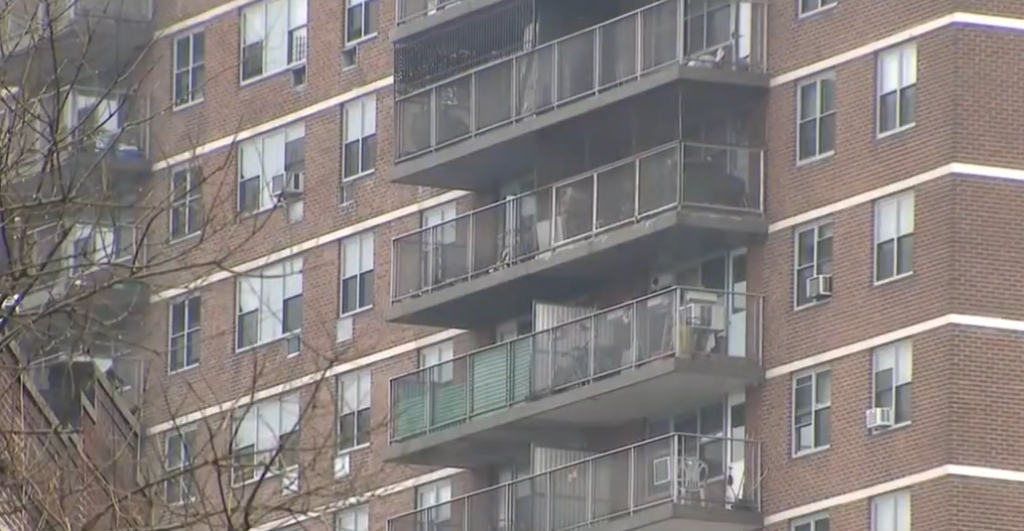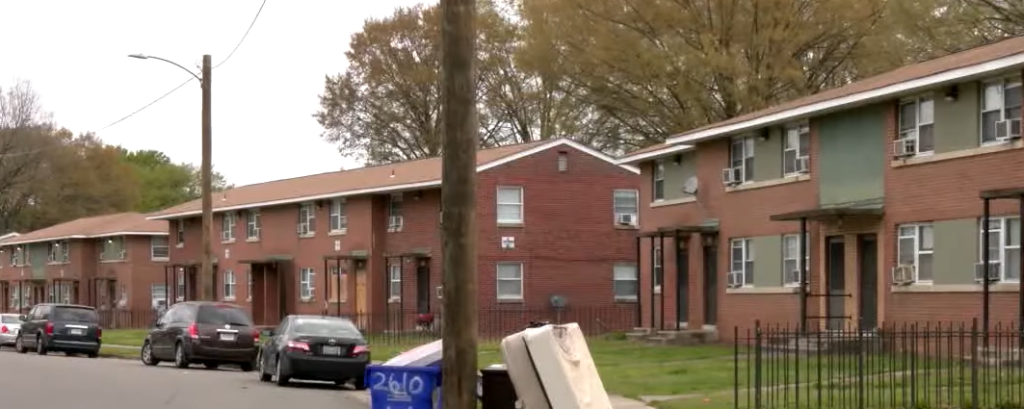By DOJ News
Photos: YouTube Screenshots
OAKLAND — As part of a coalition of 19 attorneys general, California Attorney General Rob Bonta announced joining an amicus brief before the U.S. Court of Appeals for the Seventh Circuit in support of the U.S. Department of Housing and Urban Development’s (HUD) Discriminatory Effects Rule. The rule imposes liability under the federal Fair Housing Act (FHA) for housing practices that may appear neutral but in reality are discriminatory and have a “disparate impact” on certain populations. The insurance industry — specifically, the Property Casualty Insurers Association of America — is challenging the rule and appealing the trial court’s March 2024 decision granting summary judgment in favor of HUD. Attorney General Bonta also joined an amicus brief in support of the rule on October 17, 2023 before the trial court in this case.

“Housing discrimination has no place in our country. While we have made progress in combatting this problem, there is still more work to do,” said Attorney General Bonta. “My office has previously supported the Biden-Harris Administration’s defense of the Discriminatory Effects Rule in court, and we are continuing to back them today. Individuals should be able to bring disparate-impact claims to remedy ongoing discrimination in the insurance industry.”
In the amicus brief, the coalition of attorneys general argues that:
- Despite the enactment of the FHA, vestiges of residential segregation persist in American social life, and the discriminatory effects doctrine, including disparate-impact liability, is a crucial tool to fight ongoing housing discrimination — whether intentional or unintentional.
- Discrimination in homeowner’s insurance can take many forms — such as offering insurance policies with inferior coverage, ignoring interested customers, and imposing different terms and conditions based on neighborhood — and disparate-impact claims have helped to redress discrimination in the homeowner’s insurance market.
- For instance, Black plaintiffs recently brought a class action lawsuit against State Farm for its use of algorithms that “allegedly resulted in statistically significant racial disparities in how the insurer processed claims.” According to the plaintiffs, Black claimants had to wait longer to receive payouts as compared to white claimants. The court ruled that the claimants had successfully stated a disparate-impact claim under the FHA.
- While the insurance industry argues that state insurance laws categorically shield homeowner’s insurers from federal disparate-impact liability, the attorneys general underscore that federal law and state insurance laws like California’s work together to prohibit both intentional and disparate-impact discrimination.
- The availability of a disparate-impact claim under the FHA was reinforced by the U.S. Supreme Court’s 2015 decision in Texas Department of Housing & Community Affairs v. Inclusive Communities Project, Inc.

A separate challenge to the Discriminatory Effects Rule was brought by the National Association of Mutual Insurance Companies and remains pending before the U.S. Court of Appeals for the District of Columbia. On July 11, 2024, Attorney General Bonta joined an amicus brief supporting the rule in that separate challenge.
In filing today’s amicus brief, Attorney General Bonta joins the attorneys general of Arizona, Colorado, Delaware, the District of Columbia, Illinois, Maryland, Massachusetts, Minnesota, Nevada, New Jersey, New Mexico, New York, North Carolina, Oregon, Pennsylvania, Rhode Island, Vermont, and Washington.
A copy of the amicus brief can be found here.






